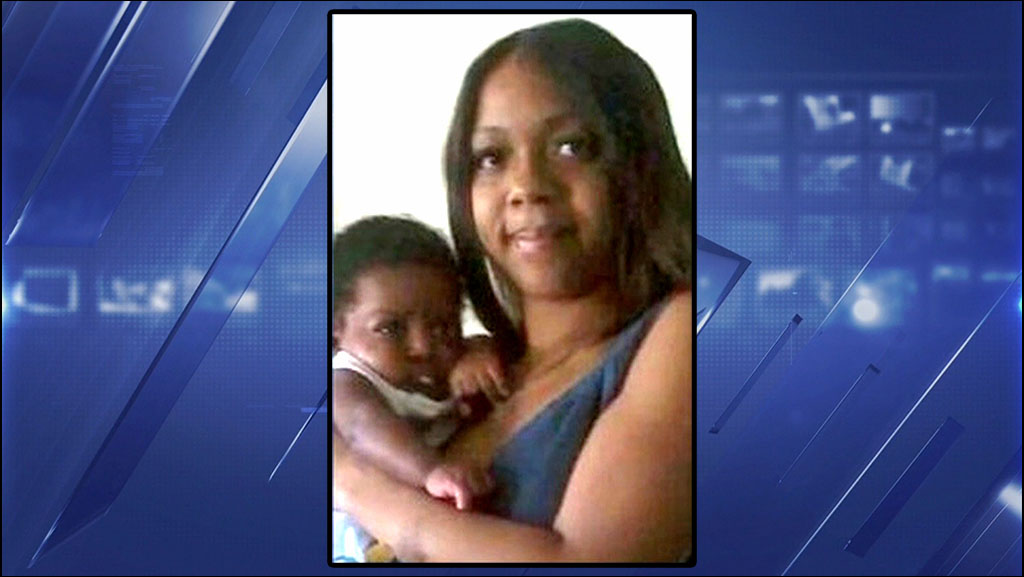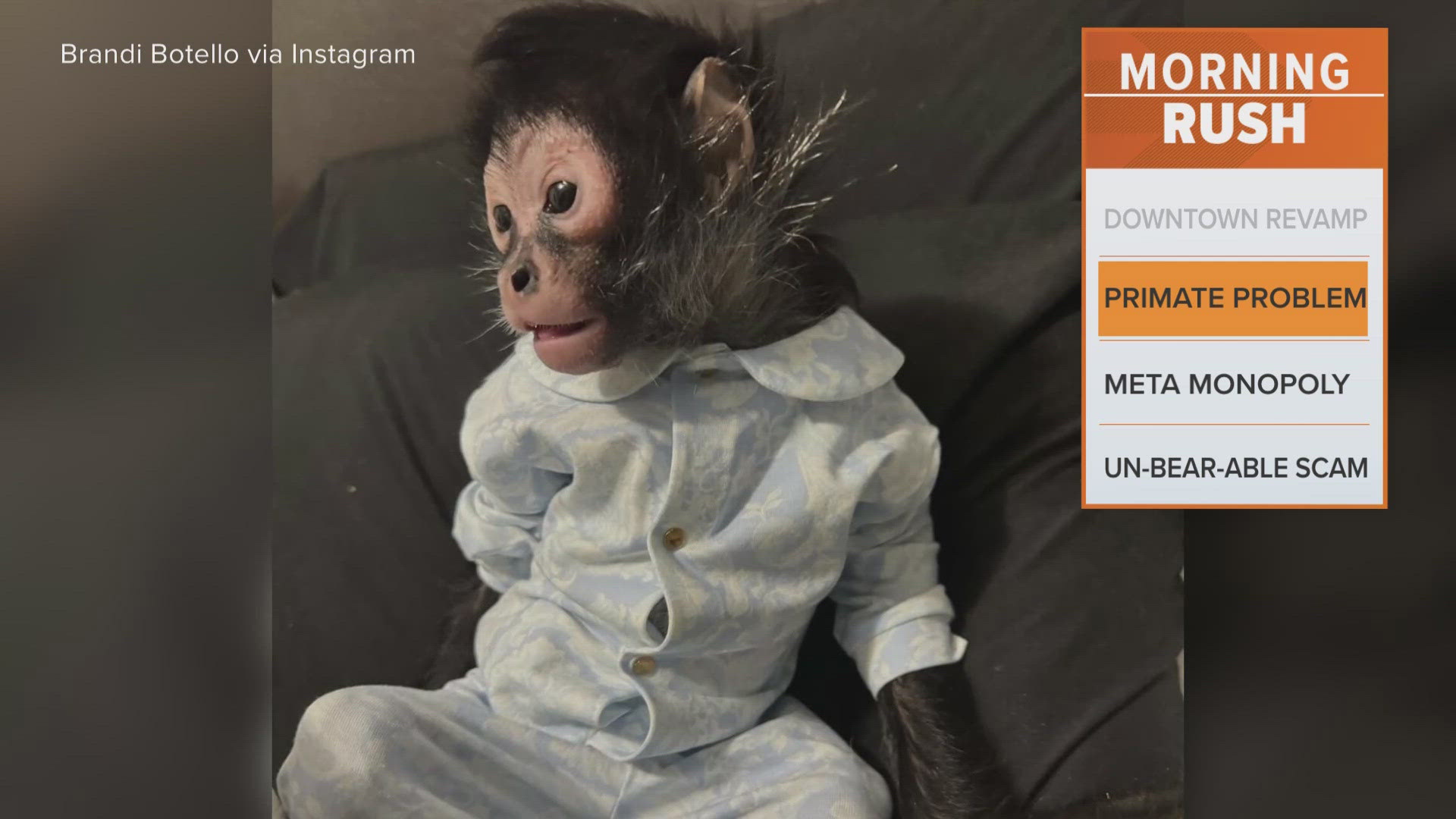DALLAS --There's the absolute joy of when Lillie Sanders was found alive in early March, and the pain and grief for D'Lisa Kelley's family when she was found murdered that same month.
'Seeing her son on a daily basis just reminds me of her,' said Tim Gunter, Kelley's father. 'And so it's kind of like living in disbelief.'
Gunter faults the Dallas Police Department for not initially sending out police and failing to assign a detective to the case for two days when his daughter was reported missing. And now there's growing fears that there will be more D'Lisa Kelleys as the department dramatically changes the way it handles the 6,000 missing persons reports it receives each year.
Last week DPD did away with its stand-alone missing persons squad and merged it with another group of detectives, who investigate cases involving juvenile victims. They operate a juvenile holding facility and handle Amber Alerts.
Current and former police officials told News 8 that the merger is a disaster in the making.
'To do one good, you can't give the other one as much time as it needs,' said Teddy Smith, a retired Dallas missing persons detective. 'They're not going to be able to spend as much time as they would on a criminal investigation because they're going to also have to be doing their missing persons cases and the runaway cases. The same thing is they're not going to be able to fully investigate the runaway cases, the missing persons cases, because they have the criminal cases.'
Dallas police Major Robert Sherwin, who oversees the youth operations unit, declined an interview request and instead issued a statement.
'The Department's staffing model requires investigative efficiency,' Sherwin wrote. 'The modifications made in the investigative protocol for missing persons and youth operations helps the Department gain this efficiency.'
The change puts the Dallas Police Department out of step with other major cities, including Houston, San Antonio and Fort Worth all of which still maintain separate missing persons units.
DPD is actually going back the way it was once done to a time when there wasn't a stand-alone missing persons squad.
'To say 'well it didn't work before, but I think it's going to work this time;' that's a lot bigger gamble than I'd want to take,' Smith said.
The mantra of doing more with less in the investigative units has been a frequent refrain since David Brown became police chief in 2010. The cutbacks have typically been made in the name of 'investigative efficiency' and over the objections of detectives and supervisors who say it means they can't adequately investigate their cases.
Like so many other investigative units, the missing persons squad had already suffered in the detective cutbacks.Supervisors have repeatedly begged that the department properly staff the squad and pointed out the danger of not doing so.
'We are potentially placing the squad in a position to have important cases wait for investigative response which could be deadly,' a police lieutenant wrote in a 2012 memo.
At that time the squad had seven detectives and one vacancy. The squad most recently numbered four detectives.
Ron Pinkston, president of the Dallas Police Association, said he's spoken to people who work those jobs and they tell him that it won't work.
'They're two different jobs,' Pinkston said. 'It's not like apples and apples. It's apples and oranges. In the end, the public is going to pay the price because something is going to fall through the cracks.'
Those familiar with missing persons investigations say it takes an experienced investigator to identify a runaway who may be a victim of human trafficking or child prostitution or spot the cases potentially involving foul play, such as a D'Lisa Kelley situation.
'He can determine easier when something looks out of the norm,' said Houston police officer Darrin Buse, a missing persons investigator. 'He can spot that unusual case -- the case that could possibly have fallen through the cracks. You know, the one that could be an abduction.'
'Critical missing' cases or situations, like when someone over 70 or with dementia is missing, are on the rise in Dallas. Those cases require extensive man hours -- and Smith and others doubt detectives can adequately juggle such a situation and criminal cases.
'They won't be able to donate all their time to finding the critical missing,' Smith said. 'They will have to spread their selves out between taking care of their criminal cases and looking for the critical missings.'
Gunter put it in layman's terms.
'There's an old saying, 'A jack of all trades, a master of none,'' Gunter said. 'If he's got to handle missing persons, crimes, whatever else he might have on his plate, how is that going to be more efficient?'
E-mail teiserer@wfaa.com


